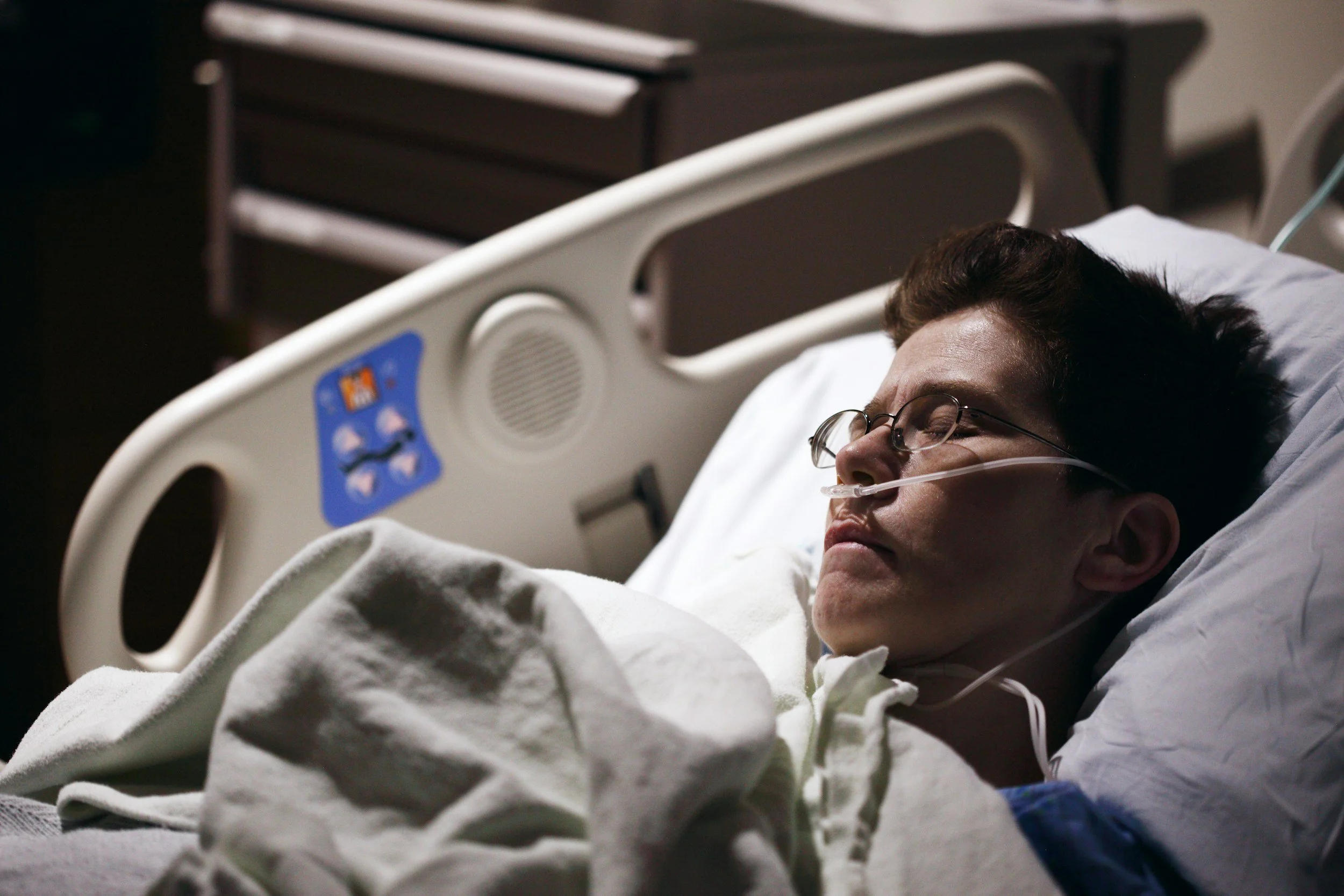Living with a chronic illness – or supporting someone who is – quietly changes almost everything. It’s not just about appointments and medications, though there are often plenty of those. It’s the background stress, the unpredictability, the way it sneaks into identity, work, relationships, even self-worth. It’s often invisible to others, but its impact can be all-encompassing.
One of the hardest parts is the emotional toll. Chronic illness often brings with it a deep sense of loss – of health, of energy, of the future someone thought they were heading towards. That grief can be hard to name because it doesn’t arrive all at once like a major accident or event might. It creeps in slowly, in moments like realising you can’t do something you used to love, or watching others move forward while you’re stuck in a holding pattern. There can be feelings of sadness, frustration, fear, and even guilt – especially when people around you are trying to stay positive or keep things normal.
Relationships often shift, too. Friends might not understand why plans keep being cancelled or why you're not bouncing back. Partners or family members might become caregivers, navigating the medical system, managing responsibilities, and trying to stay strong for someone else – even when they’re struggling too. That dynamic can bring people closer, but it can also create tension or burnout. And when the illness isn’t visible – like in autoimmune conditions or chronic fatigue – there’s sometimes an extra layer of being disbelieved or dismissed, which makes everything that much heavier.
It’s also worth acknowledging just how tough it is to live in a culture that prizes independence, productivity, and pushing through. People often feel enormous pressure to act as if everything’s fine, to downplay pain, to avoid being “a burden.” There’s this quiet internal narrative that says, if I just try hard enough, I’ll be okay – and when symptoms don’t improve, it’s easy to turn that disappointment inward. Shame can creep in. It’s not uncommon for people to blame themselves for not coping “better” – when in reality, they’re doing an extraordinary job just getting through the day.
So what helps? Often, it’s the small, human things. Being believed. Having a doctor who listens. A friend who checks in without needing an update. A psychologist or support group who can help name what’s happening beneath the surface – the grief, the anxiety, the loss of control – and hold it with compassion. Sometimes it’s learning how to pace your energy without guilt, or how to communicate your limits without apologising. Sometimes it’s simply having permission to say, “This is hard,” without needing to explain why.
Caring for someone who is chronically ill can bring its own challenges. It can be relentless, emotionally complex, and isolating. And yet, caregivers are often quietly carrying enormous loads without much recognition or support. Their emotional wellbeing matters too – just as much as the person they’re supporting.
Living with chronic illness isn’t a linear journey. There might be flare-ups and remissions, hope and despair, clarity and confusion. But people do find ways to adapt, to reconnect with purpose, to live meaningfully – even within limits. It’s not about being endlessly positive or “grateful for the lesson.” It’s about finding gentler ways to live alongside what’s hard.
If this is your reality – know that it’s okay to struggle. And it’s okay to need support. You’re not alone.
Our highly trained psychologists can help. Please call our team on 9882-8874 to book in with one of our team members today. Alternatively fill in our contact form here to get in touch.
To subscribe and listen to our podcast “Breaking the Rules: A Clinician’s Guide to Treating OCD”, click on the following links: Spotify, Google Podcasts, and Apple Podcasts. Episodes will be released fortnightly and will simultaneously be published on our webpage here.

